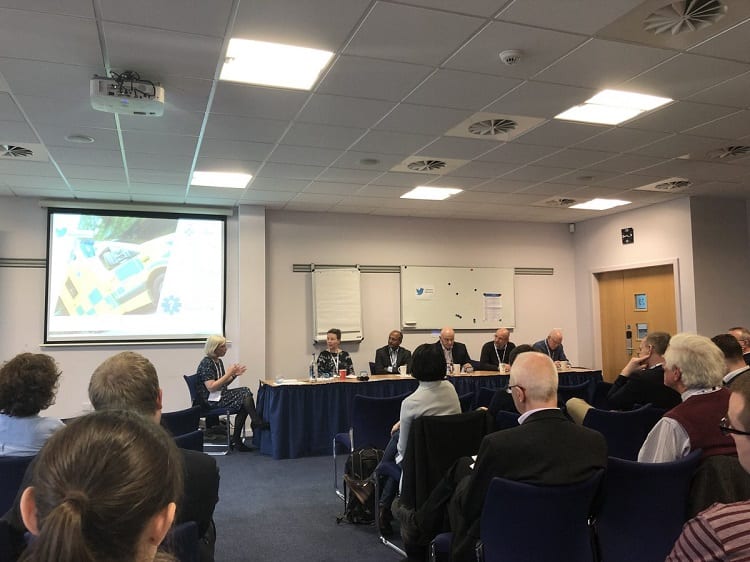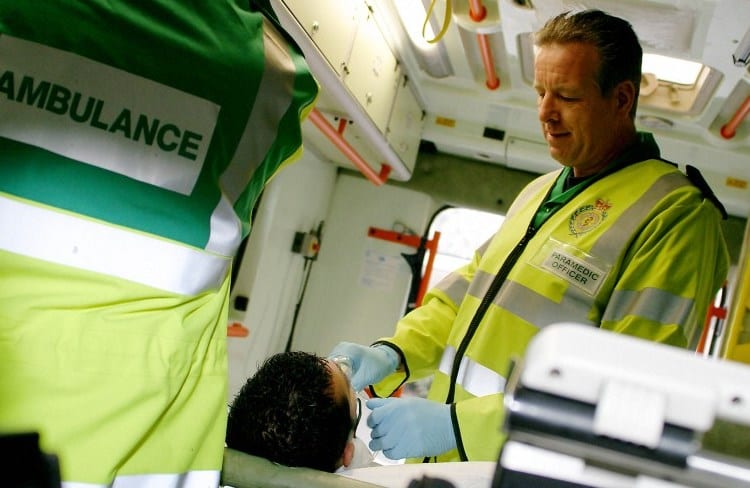Seminar: Research ethics, University research processes and HRA

On 16th January 2024, Dr Stephanie Armstrong gave a seminar on research ethics, university processes and HRA. Steph is an Associate Professor in College of Social Science with responsibility for Allied Health Professions pre-registration programme and the school lead for Continue reading Seminar: Research ethics, University research processes and HRA




